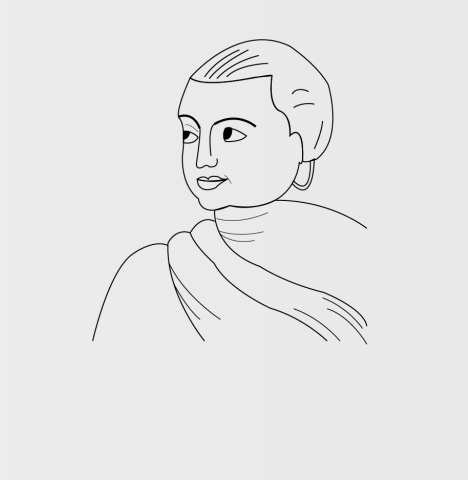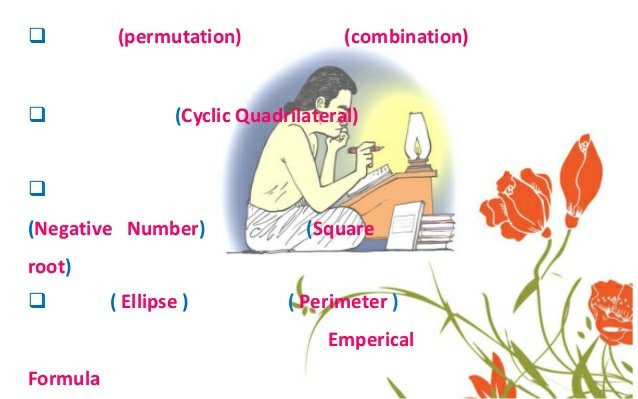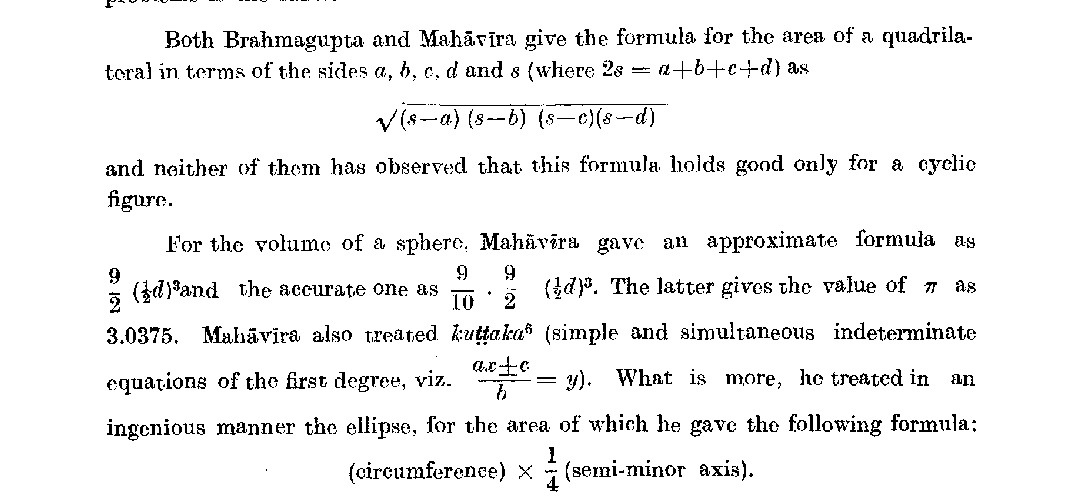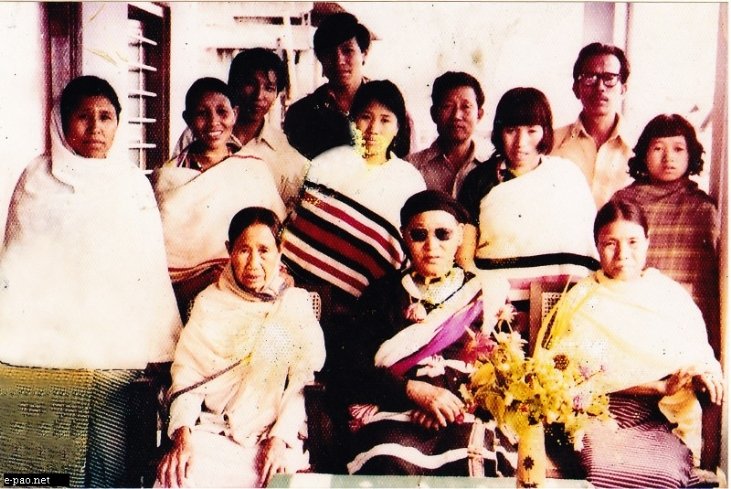The use of randomized controlled trials (RCTs) to study the impact of specific interventions, has over the last decade become a dominant methodology in development microeconomics
"In 2006, approximately 1,300 men and women were tested for HIV. They were then offered financial incentives of random amounts ranging from zero to values worth approximately four month’s wages if they maintained their HIV status for approximately one year..."
Taken from the article 'Conditional Cash Transfers and HIV/AIDSPrevention: Unconditionally Promising?'
And humans are less controllable than bodily functions
More from Science
You May Also Like
✨📱 iOS 12.1 📱✨
🗓 Release date: October 30, 2018
📝 New Emojis: 158
https://t.co/bx8XjhiCiB
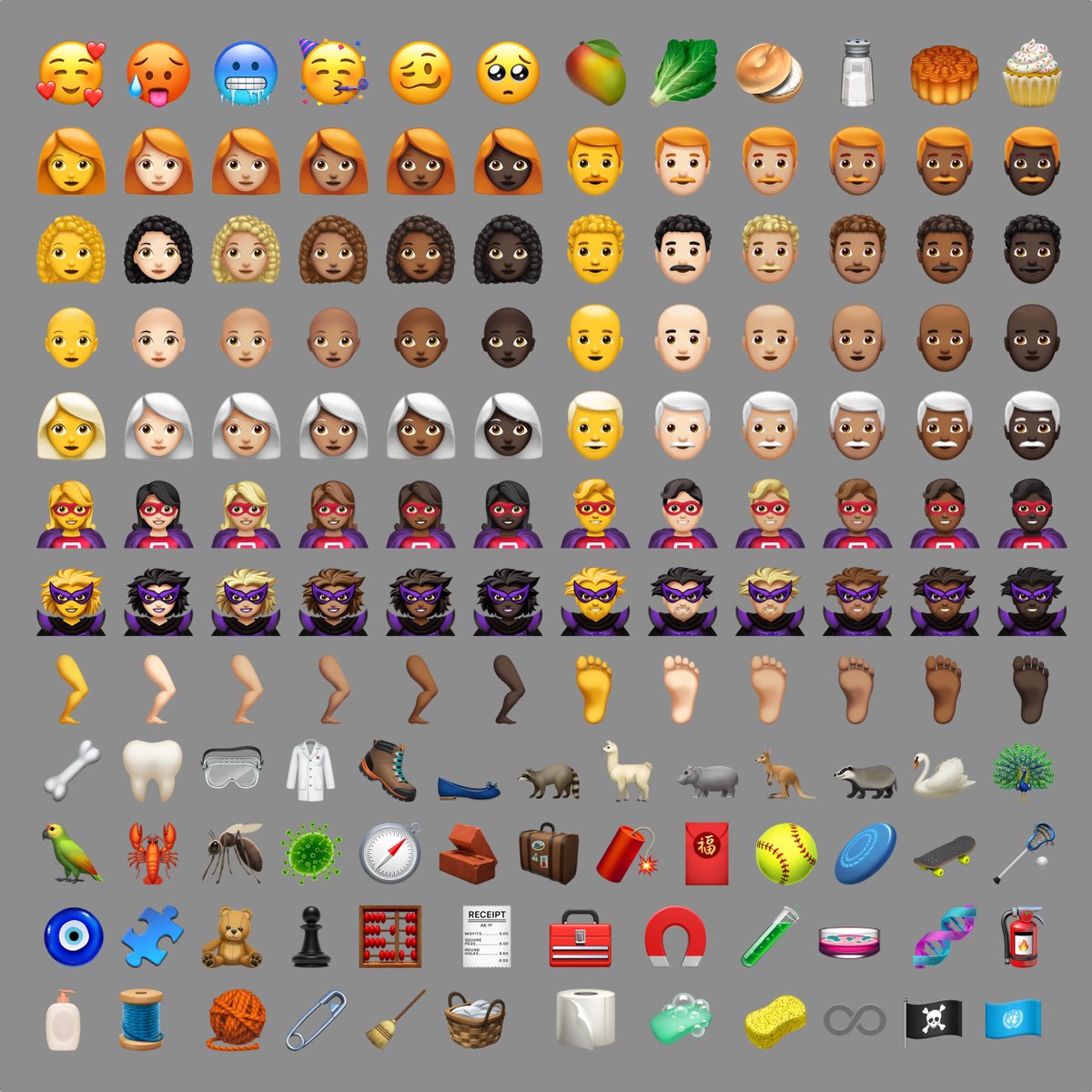
New in iOS 12.1: 🥰 Smiling Face With 3 Hearts https://t.co/6eajdvueip

New in iOS 12.1: 🥵 Hot Face https://t.co/jhTv1elltB

New in iOS 12.1: 🥶 Cold Face https://t.co/EIjyl6yZrF

New in iOS 12.1: 🥳 Partying Face https://t.co/p8FDNEQ3LJ

🗓 Release date: October 30, 2018
📝 New Emojis: 158
https://t.co/bx8XjhiCiB

New in iOS 12.1: 🥰 Smiling Face With 3 Hearts https://t.co/6eajdvueip

New in iOS 12.1: 🥵 Hot Face https://t.co/jhTv1elltB

New in iOS 12.1: 🥶 Cold Face https://t.co/EIjyl6yZrF

New in iOS 12.1: 🥳 Partying Face https://t.co/p8FDNEQ3LJ




